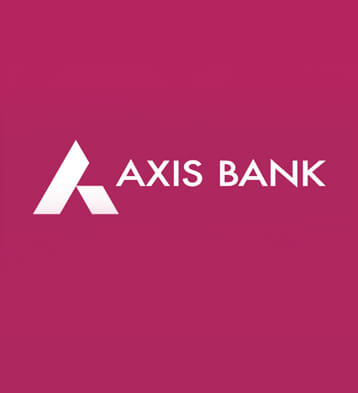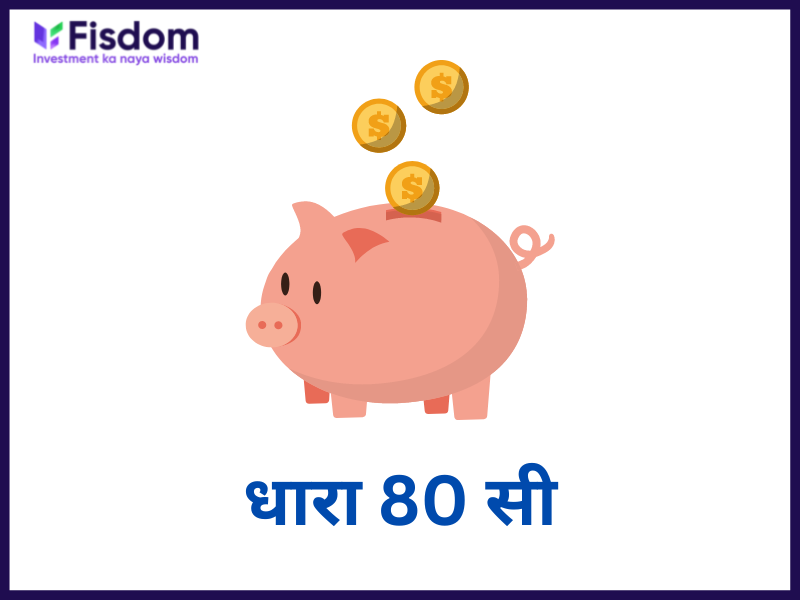
India is a relatively young country but has a significant senior citizen population. Any person over the age of 60 years is termed as a senior citizen in India. The Government of India provides many incentives for the benefit of the country’s senior citizens, specifically in terms of health care, tax benefits, etc. Several schemes are designed to offer both a retirement fund in old age and tax benefits to senior citizens.
Here, we will talk about a few popular choices for tax-saving schemes for senior citizens. These can help senior citizens in building a corpus fund and also allow maximum tax saving along the way.
Current tax structure for senior citizens
The direct tax structure of India levies taxes on individuals at a slab rate. These slab rates are different for individuals up to the age of 60 years, from 60 years to 80 years, and for individuals above the age of 80 years. The current tax structure for senior citizens is tabled below.
| Tax Slabs | Senior Citizens | Super Senior Citizens | Tax Rate |
| Basic exemption | Up to Rs.3,00,000 | Up to Rs.5,00,000 | NIL |
| Slab I | Rs.3,00,000 – Rs.5,00,000 | – | 5% |
| Slab II | Rs.5,00,000 – Rs.10,00,000 | Rs.5,00,000 – Rs.10,00,000 | 20% |
| Slab III | Above Rs.10,00,000 | Above Rs.10,00,000 | 30% |
Changes announced in Budget 2023 for SCSS
In Budget 2023, FM Nirmala Sitharaman announced that the deposit limit for the Senior Citizen Savings Scheme (SCSS) will be increased from Rs. 15 lakhs to Rs. 30 lakhs. The move aims to provide higher returns to senior citizens and to encourage them to invest in the scheme.
Top tax-saving options for senior citizens in India
There are many tax savings schemes that help senior citizens build a nest egg as well as save up on their tax liability in the process. These schemes provide risk-free investment opportunities that are ideal for senior citizens who do not wish to take risks at the mature stage of their life. Some of such most popular tax savings schemes are mentioned below.
-
Senior Citizen Savings Scheme
This scheme is designed especially for the senior citizens of the country. Individuals over the age of 60 years or persons retired at 58 are eligible for investment in this scheme. The scheme has a minimum lock-in period of 5 years which can be extended for a period of 3 years. This scheme also provides the investor the benefit of deduction up to Rs. 1,50,000 under section 80C of IT Act. The current interest rate under the scheme is 7.40% per annum.
-
PM Vaya Vandana Yojana
This is a risk-free scheme specifically designed by the Government of India for senior citizens i.e. individuals over 60 years of age. The scheme is in the nature of a retirement fund as well as a pension fund scheme where investors can opt for a payout at regular intervals like monthly, quarterly, or yearly. The scheme provides interest at the rate of 8% to 8.30% for 10 years as well as an option of a loan up to 75% of the value of the investment for any emergencies. This option is available after the completion of 3 years in the scheme.
Interesting fact about PM Vaya Vandana Yojana
The Pradhan Mantri Vaya Vandana Yojana is available for subscription only until March 31, 2023.
-
Tax saving mutual funds
Tax saving Mutual funds are carefully selected securities or stocks that have the potential to save taxes and generate returns at the same time. These funds are a relatively lower risk investment as compared to investing in individual stock as the risk is reduced due to a diversified portfolio. The returns on mutual funds are generally higher and the cost of investment is also not exorbitant. Senior citizens can make systematic investments in mutual funds and can gradually build a high-return earning portfolio that can provide them with the benefit of periodic returns. This option would be suitable for those who are willing to take some risks as tax saving mutual funds invest in equities only.
-
Fixed deposits
Fixed deposits are one of the most traditional forms of investments that can be made by any person. The tax-saving bank deposit schemes provide a risk-free investment opportunity and have a reasonable interest rate. These bank deposits have a lock-in period of 5 years to be eligible for tax benefits. Investment in such fixed deposits is eligible for a tax deduction under section 80C of the IT Act up to Rs.1,50,000.
-
Tax-free government bonds
Government bonds are the bonds issued by any government entity which helps them to raise funds for any specific purpose. These bonds are tax-free and are ideal for senior citizens as they provide a steady source of income. The interest rate is usually higher than other tax-saving instruments or fixed deposits. It is a long-term investment option for senior citizens with tenure from 10 years and exempt interest income under section 10 of the IT Act. Investors can invest up to Rs.5,00,000 under the scheme
-
National savings certificate
National Savings Certificate is a tax-saving scheme that is risk-free and has a tenure of 5 years. Investors are eligible for a deductible under section 80C of the Income Tax Act up to Rs.1,50,000. The scheme requires the investors to make a minimum investment of Rs.1,000 with no ceiling for the maximum eligible amount that can be invested in the scheme. The current interest rate for NSC is 6.8% per annum and is compounded annually. The interest is paid or credited to the investor only at the time of maturity.
-
National pension scheme
National Pension Scheme is a voluntary government backed scheme for the employees of public or private sector employees. It is a risk free investment option for the salaried class of the country. NPS allows citizens (including NRIs) to participate in the scheme from the age of 18 years up to the age of 65 years (this was earlier fixed at 60). One can also continue to stay invested in the NPS beyond the age of 65 years, till the age of 70 years, subject to certain conditions.
Investors are eligible for deduction under section 80CCD up to Rs. 50,000 along with sector 80C up to Rs.1,50,000. This added benefit of the deduction is quite beneficial for senior citizens who can park their funds in this scheme and get the benefit of regular income in their retirement.
Conclusion
The Government of India has tried to reduce the tax burden of senior citizens by allowing many such schemes that provide the benefit of retirement funds and regular income options. There are few other investment options for senior citizens like Post Office Time Deposit Scheme, Bank RDs, Mutual Funds (other than ELSS), etc that the aged could consider. Schemes that are risk free and have a tax saving option as well as the benefit of a corpus fund are best suited for senior citizens as they provide hassle free investment options and peace of mind at old age.
FAQs
Yes, senior citizen savings schemes can be a good option for tax-saving purposes, especially for those who fall under the senior citizen category. These schemes offer a higher rate of interest apart from tax benefits under Section 80C of the Income Tax Act.
The eligibility criteria for senior citizen tax-saving schemes in India is typically based on age, which is 60 years or above. Additionally, some schemes may have income or investment limits.
Tax-saving fixed deposits and senior citizen saving schemes are two popular options for tax-saving purposes. While tax-saving fixed deposits offer fixed returns, senior citizen saving schemes offer higher returns but with certain eligibility criteria and age restrictions.
The maximum amount that can be invested in Senior Citizen Savings Scheme is Rs. 30 lakhs.



























